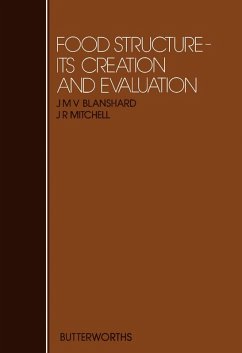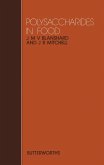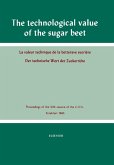This book is comprised of 26 chapters and begins by discussing the relevance of food structure from a dental clinical perspective. The next chapter describes a hierarchy of gel structures that may be used to model the complex molecular networks formed by the protein and/or polysaccharide components within the food system, including simple single component networks, binary networks or mixed gels, and composite or filled gels. The reader is then introduced to the gel structure of food biopolymers; the structure and stability of emulsions; the polymer/water relationship and its importance for food structure; and the fracture properties of polymers. Dry spinning of milk proteins is also considered, along with structured fat and sugar systems, food crispness and texture.
This monograph will be of interest to food scientists, sensory scientists, nutritionists, rheologists, physicists, and chemists.
Dieser Download kann aus rechtlichen Gründen nur mit Rechnungsadresse in A, B, BG, CY, CZ, D, DK, EW, E, FIN, F, GR, HR, H, IRL, I, LT, L, LR, M, NL, PL, P, R, S, SLO, SK ausgeliefert werden.









